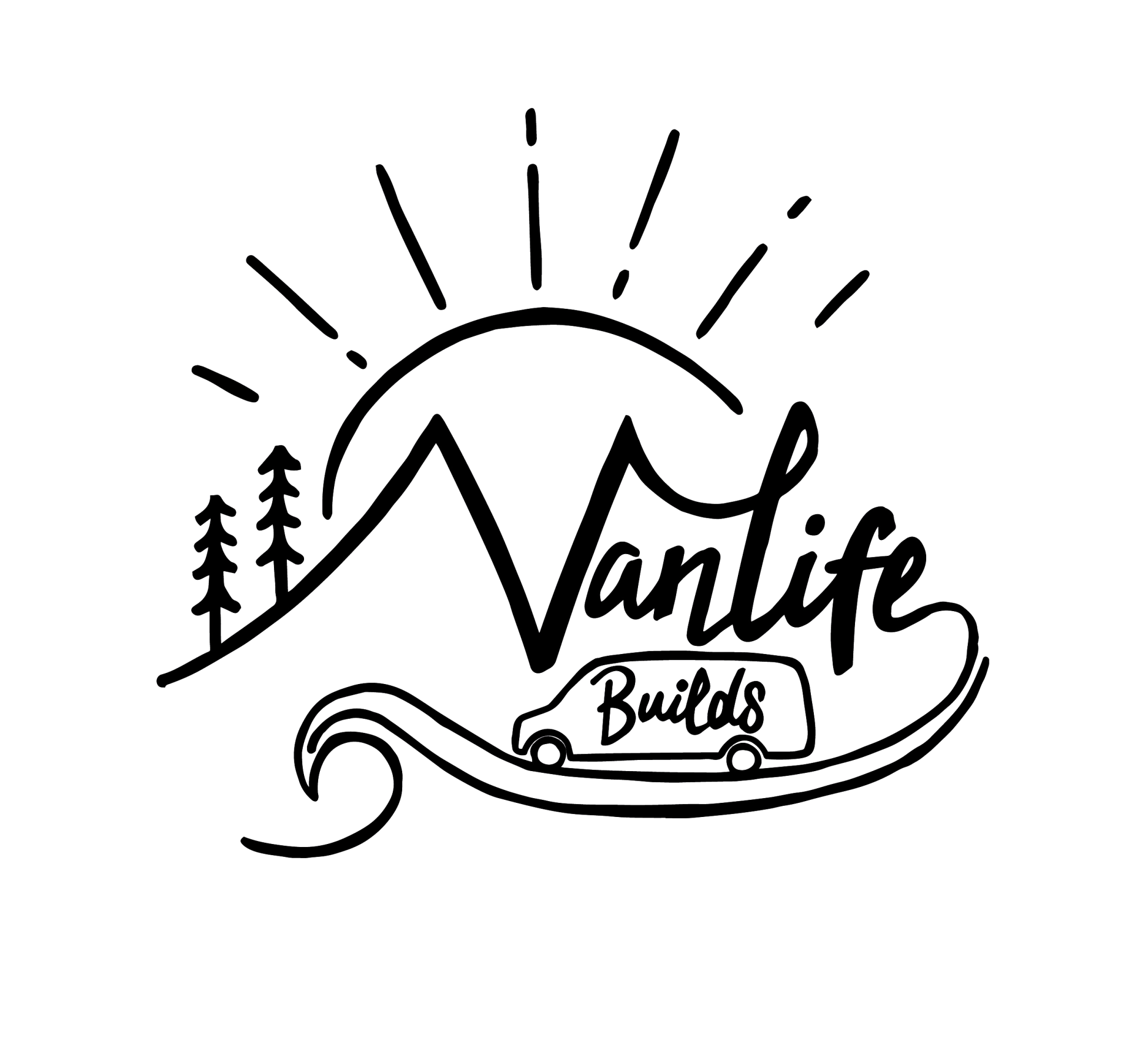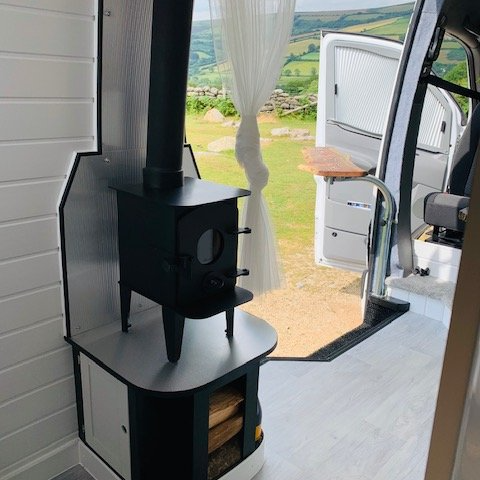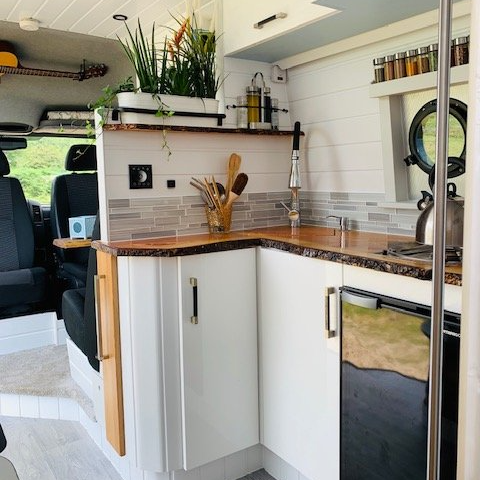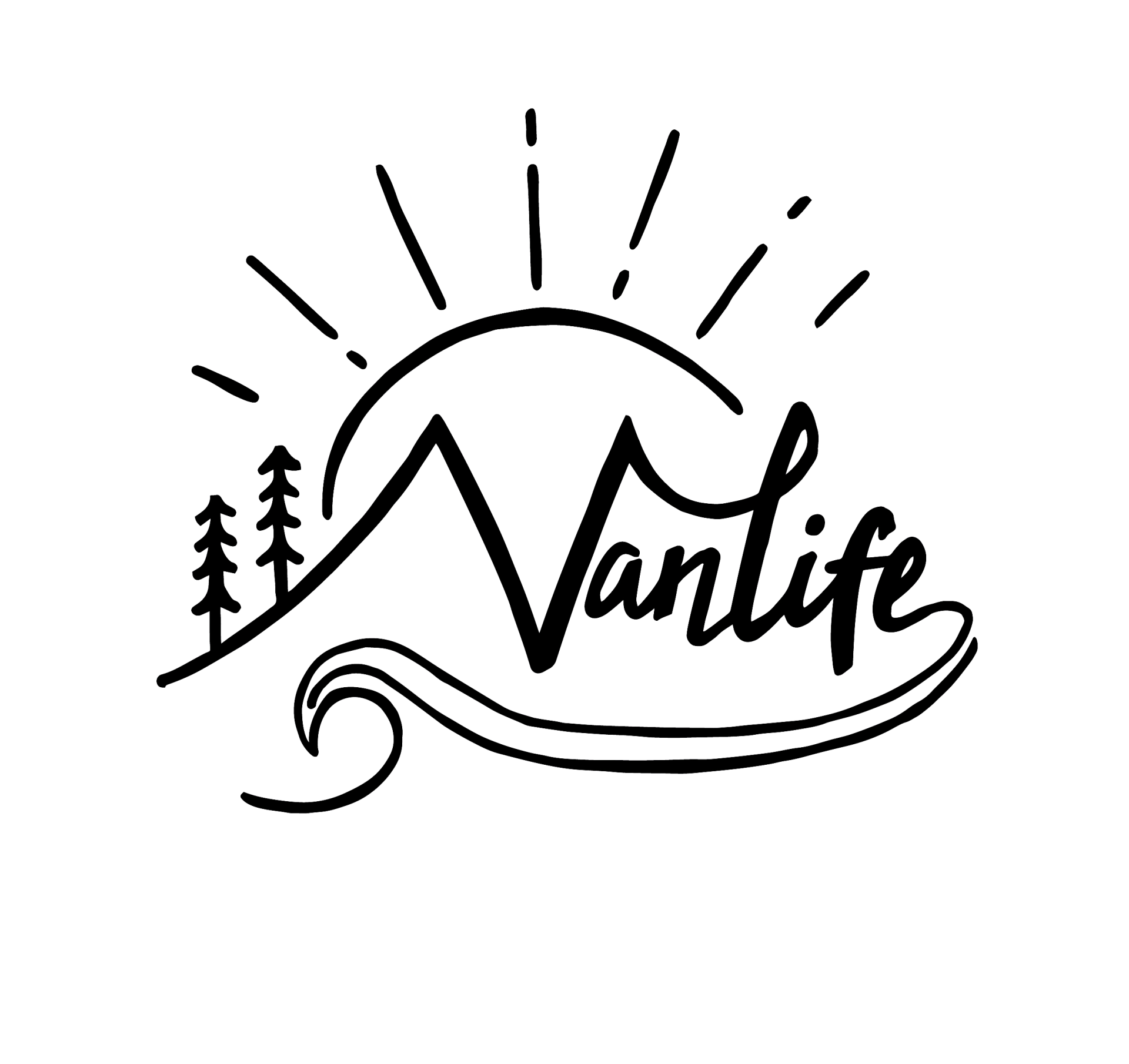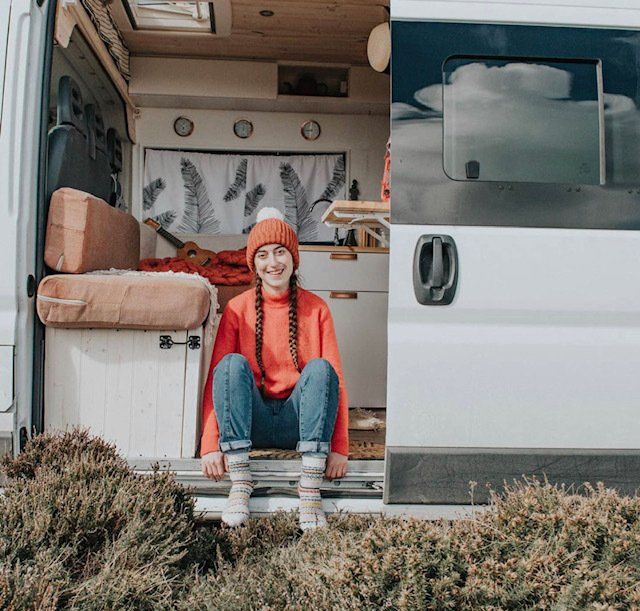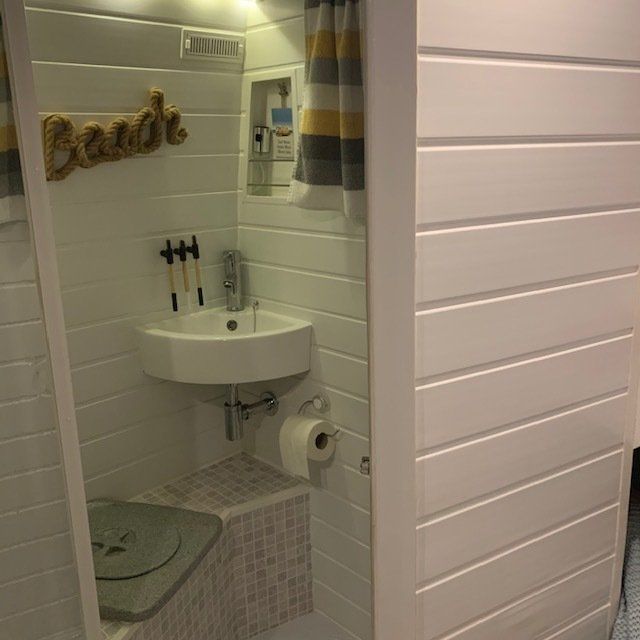My biggest tip here is compromise, to give you just one example I had to choose between an oven or a wood burner, as I could not justify the weight of both of these large items. Weight distribution is also highly important, and getting the balance right with heavy items is definitely worth considering at the design stage of the build process. For instance, I built out my van predominantly on one side, but to counteract this I stored my heavy AGM batteries and built a one sided roof rack on the opposite side.
How To Reduce Weight In A Van Build
Jade - VLB
Weight is one of the most important yet overlooked factors of a van build out. Below I share my top tips on ways to consider reducing those kilograms!
Windows
You could reduce the overall weight of your van by considering the amount or size of the windows that you put in to your build (glass is pretty heavy)
Windows are great for allowing light in to the space and bringing the outdoors in, but they can also cause a number of issues including condensation, heat loss, or even too much heat on those hot days, where many windows in a van can make it feel like a green house!
Batteries & Solar
Lithium batteries are the real deal when it comes to van builds and can be far lighter than other batteries on the market, however, be prepared, as it is not just the van that is going to be a lot lighter - your wallet definitely will be too! (all be it a very good investment)
When considering solar we are a huge fan of flexible solar panels, you can save a considerable amount of weight here, for example a standard 160w solar panel can be around 15 - 20kg as apposed to a flexible which are around 3-10kg depending on brand. Flexible panels can be a controversial subject in van conversions, however if mounted correctly with adequate ventilation there should be no cause for concern!
Walls & Ceiling
Consider using a lightweight alternative to wood, for example, we use hollow soffit cladding quite often, we discovered this on the off chance as Wayne had lots left over from a housing project
(this type of cladding is typically used for the outside of buildings)
We continued using it mainly because it is very light compared to wood but also has many other benefits:
Light weight & long lasting (won't swell or bow like wood)
Easy to clean and waterproof
The hollow core creates another cavity providing better insulation properties
Available in long lengths
No screw holes visible
No sanding, painting or staining required
In the UK, Eurocell
is a great brand for this type of cladding. Although they are selling plastics with in the building industry, this company does care about the environment, and the steps they are taking to ensure this went a long way for me when choosing a supplier of this product.
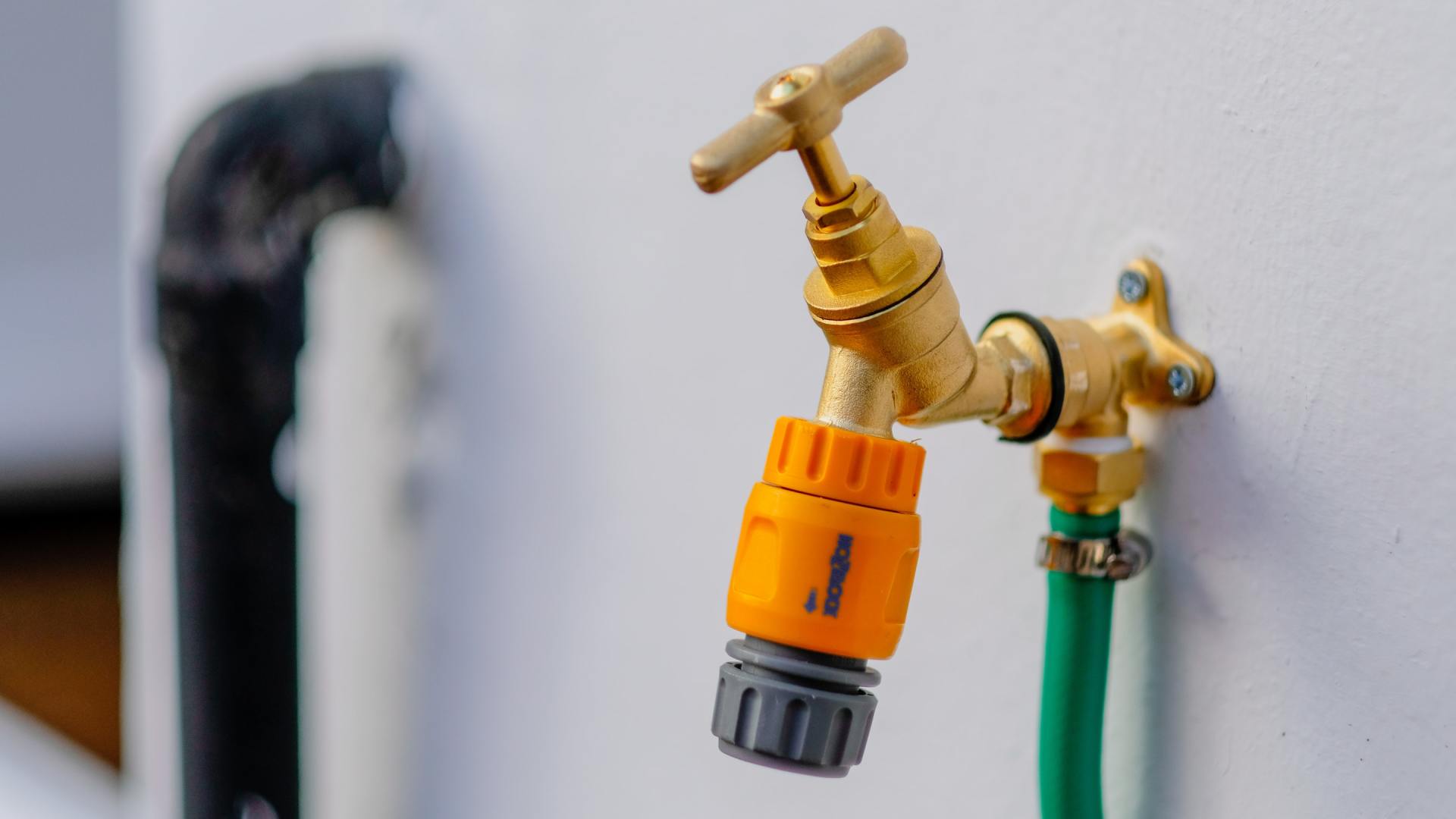
Are you wondering where to fill up your water when living the full time van life? Below I share my top tips! My first pointer here would be to have a water tank that is over 70L to ensure you aren't having to fill up too often (especially if you are planning to be off grid for a few days at a time) You'll still need to preserve your water as much as you can, so try not to keep that tap running unnecessarily and invest in a stop/start shower head, if you have a shower set up in your rig. The most obvious one is to fill up at friends and families, in between adventures or before setting off, this is probably the easiest way to obtain water! Keep a long water hose in your van, so if you spot a tap on your travels you are well prepared! On the road look out for these at fuel stations and services, not all of them have taps so I personally like to do a little dance when I find one (this is optional) A not so obvious one (and one that is probably best to use in a low water emergency) is a jet wash or screen water fill up point in fuel stations, you just need to make sure there are no chemicals or soap added to these! Oh and be prepared for some funny looks from people if you do try this method - if in doubt just smile and pout! Make friends! This is super easy in van life because the community spirit is so SO strong! There is a whole host of support out there both at park ups or online, so if you are stuck just ask around! I found that country pub owners were particularly friendly and kind enough to let us use their outdoor taps, they often have these for doggos, so after a spot of lunch take the opportunity to ask - the worst they can say is no! Lastly there is the option of a campsite, you could make use of the paid facilities and fill up your water, lots of people we know plan to do this once every few weeks for a night or 2!
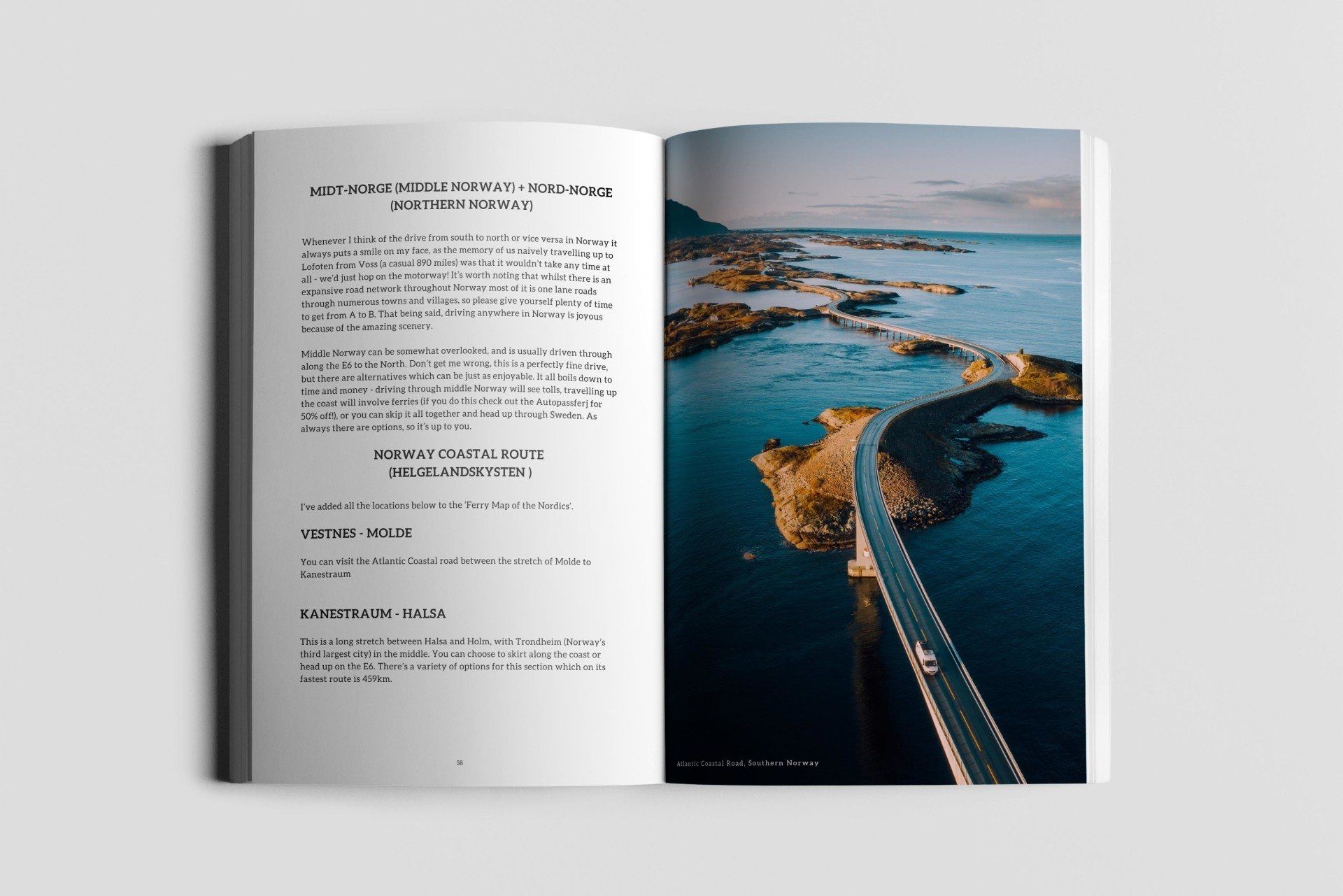
Vanlife Legends Bee & Theo from The Indie Projects have just released an inspiring guide book, all about their experience of travelling through the breathtaking Nordics! This book Travel The Nordics literally couldn’t have come out at a better time for me! I have just purchased a new van, ready to build out in the coming months, and Norway / Northern Lights being TOP of my travel bucket list! Reading this book has completely solidified the fact that I just have to go, and now even better I can feel fully prepared with the practical advice of The Indie Projects! I CANNOT wait to get on the road and experience all of the amazing sights that Bee & Theo share in this book, but this time with my very own eyes!
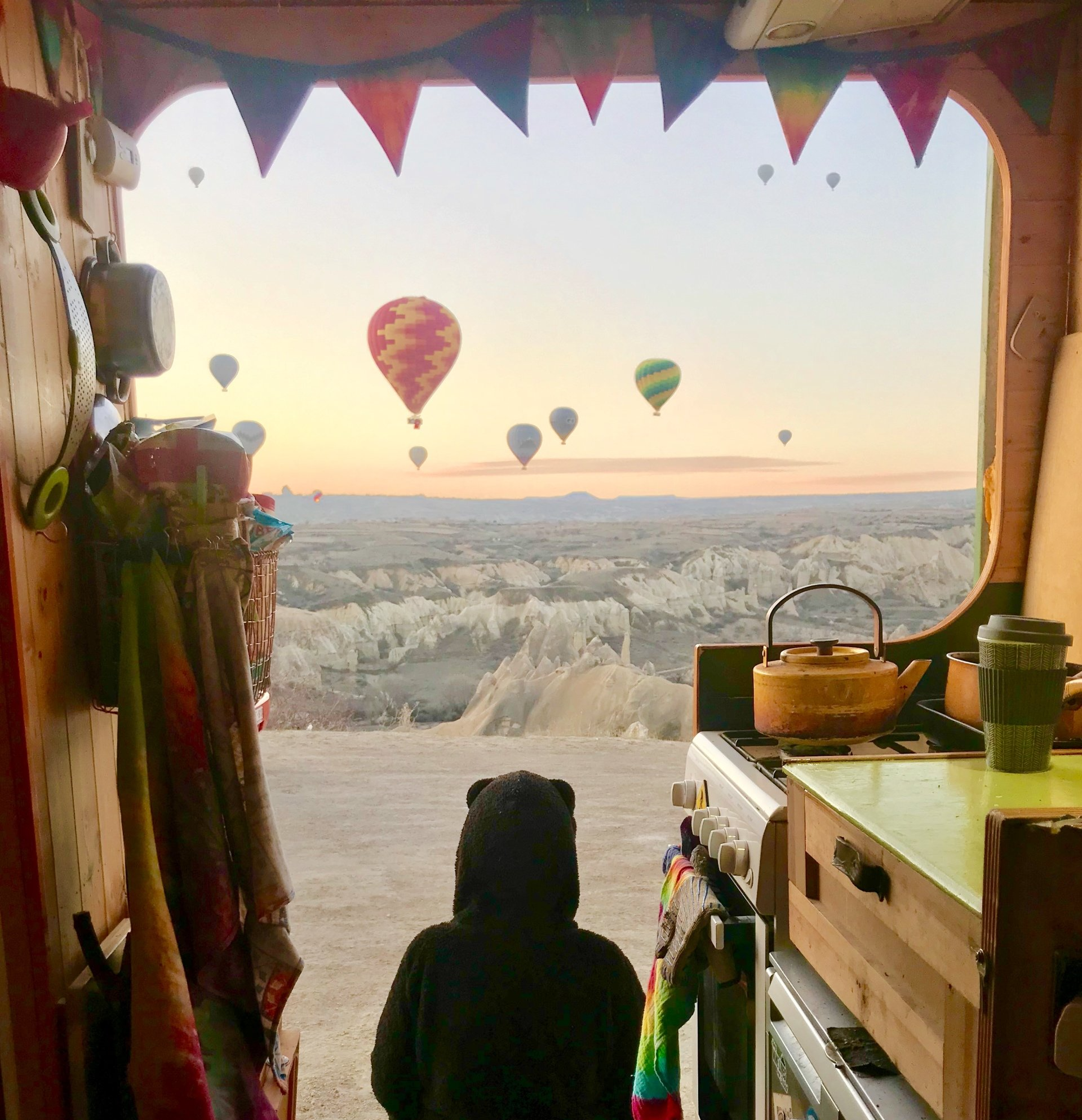
Laura, Carly, their daughter Agnes and Roy The Dog make Rainbows On The Road - an Adventurous family who have travelled far and wide in their super unique home on wheels! They have absolutely nailed alternative living, and they are a great inspiration to us and many others! Let's find out their TOP underrated travel destinations below in the blog they have written for us all to enjoy!
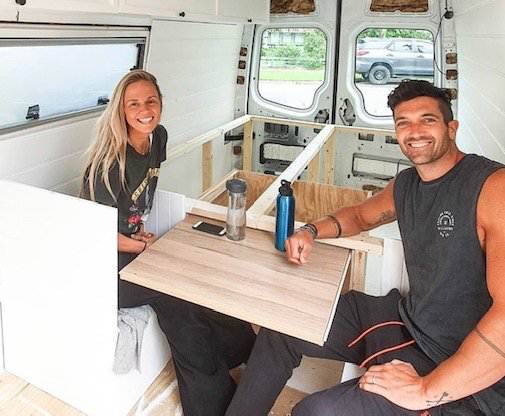
The awesome Claire & Luke from Van Life Straya have just completed self converting a Sprinter Panel Van into their very own FULL TIME home! We have throughly enjoyed watching this fun couple during their van build. Australia is near to our own hearts, so we have definitely been following this one extra closely! Let's dig a little deeper...
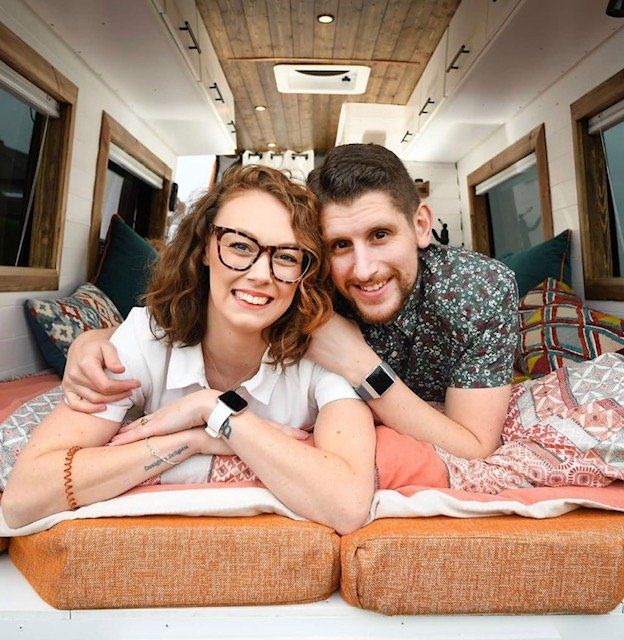
We really enjoy watching your travels on Instagram - but life is certainly different right now, and you are currently in Spain on lockdown due to the Covid-19! How are you adjusting to this? Were you unable to stay in the van over there? Yes, we're currently in the south of Spain near Almeria and have been here for around 9 weeks now. We decided to rent an AirBnB about two months ago to wait out the lockdown rather than staying in the van as it felt safer and gave us peace of mind – as well as not having to worry about emptying the toilet and having access to long hot showers every day! We spent the first week of lockdown in the van but because the rules were so strict here with heavy fines (up to 2000 euros!) being threatened to anyone out of the house without a valid reason – and rules against having more than one person in a vehicle - we were constantly looking over our shoulder and felt really on edge all the time. On top of that all caravan parks and the majority of aires or motorhome service points closed too so finding water and grey and black drop-off points was really tricky. It's not quite how we imagined spending the Spring months, that's for sure, but we've tried to stay positive throughout it all and will just have to adapt our route plan accordingly, as and when things start to resume some normality and country borders begin to open again. Lockdown restrictions have eased slightly now, so we are leaving the AirBnB to move back into DeeDee this week and drive to an animal sanctuary near Valencia who have offered us to park on their land whilst we volunteer with them to build their new rescue centre. That should keep us entertained for the rest of lockdown (hopefully!).
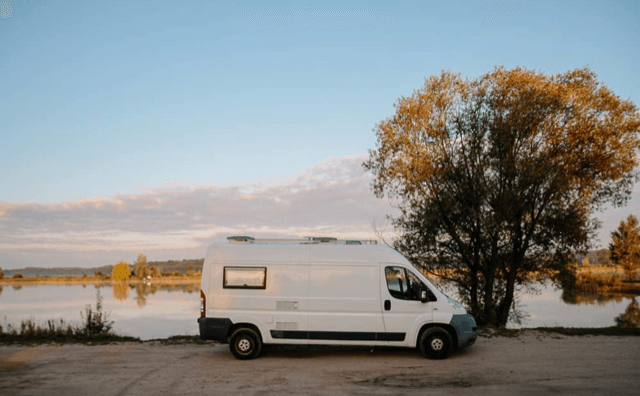
What inspired you to get a van? April's parents bought a caravan a few years ago, and after using it for a year or two we decided having a fixed base for weekend trips didn't work for us. To go on a weekend trip meant that we would have to book Friday's and Monday's off of work as we would spend Friday driving to our campsite and setting up and Monday packing up and driving home (you can't really go anywhere with a caravan hooked up to you). We'd pick a campsite in a central location to the places we wanted to visit, then we would spend the weekend traveling anywhere from 2 to 3 hours each day from our base location and then return at night. A camper van gave us the freedom to spend more time exploring as our home would be with us all the time - and it also meant that a weekend trip was literally a weekend trip, so no extra time off work, meaning more trips!
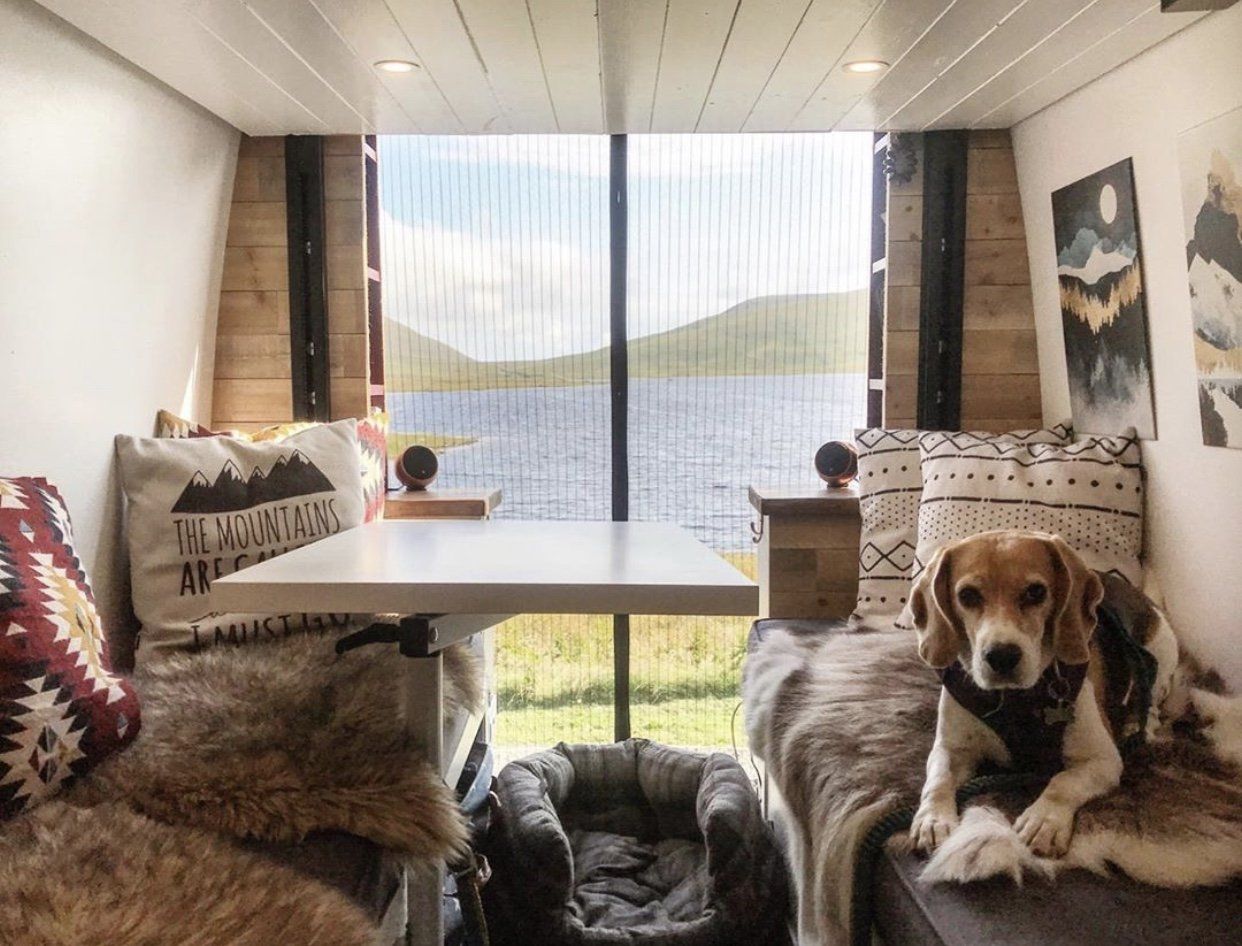
Tip #1 - Only you know your dog! There's a whole raft of people out there that will give you every reason under the sun why van life is or isn't a good idea with a dog. Trust me when I say Piglet is her own dog! She travelled with me to work everyday since she was a pup so being on the road isn't an issue for her. She loves getting in the van and heading off; new places and smells are her idea of heaven (well, that and any kind of food!) and she's incredibly sociable with people. Only you know what your dog enjoys and what stresses them out and that's the best way to know if van life is right for your dog or not.
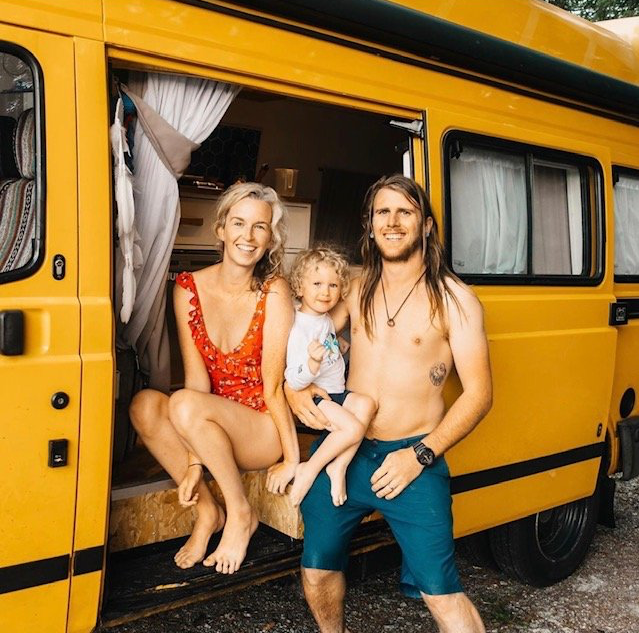
How did you first get in to van life? For a long time, we had really wanted to travel, and we had come close to moving to Canada for a year to live and work. But we kinda realised we would just be doing there, what we were doing here....working and not actually having quality time together as a family. We wanted to be able to travel full time and enjoy every experience together. We almost came close to buying a house too, but the seller pulled out, and we realised that we didn't want to be tied into a huge mortgage. Van living just really offered us what we were looking for. Minimal living and full-time travel. So we went for it! We purchased a 2005 LDV Convoy and converted her into a tiny home on wheels over nine months and then travelled full-time across Europe for five months.
